Organic Farming Sector Confident of Growth Amid Recent Challenges
There wasn't much of a domestic market for organic goods when the International Competence Centre for Organic Agriculture (ICCOA), located in Bengaluru, undertook a research around 15 years ago. At Rs 75 crore, exports were still in their infancy.
A consequence of COVID-19 has been a resurgence of interest in the organic food market. Prior to the epidemic, organic food sales had been gradually increasing. However, the last several years have seen a sharp acceleration of the sector.
The domestic market has grown rapidly due to increased consumer awareness, while Indian organic product is becoming more and more visible on international market shelves. However, there have been difficulties with contamination lately, which has caused a setback for the industry.
The market has grown in size as both supply and demand have increased. With the entry of traditional firms like ITC and Amul into the market, it has become mainstream, according to Terra Greens Organic founder and CEO Likhita Bhanu.
There was virtually no domestic market for organic products when the Bengaluru-based International Competence Centre for Organic Agriculture (ICCOA), which supports organic agriculture and agribusiness by giving all stakeholders in the sector a platform, conducted a study about 15 years ago. At Rs 75 crore, exports were still in their infancy.
However, we discovered that the local market has the potential to expand to Rs 1,400 crore in eight to ten years via a study conducted in eight locations. With a present valuation of Rs 2,500 crore, the local market is expanding at a pace of 30-35 percent faster than exports. The ICCOA's executive director, Manoj Kumar Menon, said that the export increase was just 25%.
There has been a noticeable shift in consumer willingness to pay for this kind of fruit. "They are looking for items with higher certification and traceability now that they are aware of what organic food is. They place a high value on quality and are willing to pay extra for authentic goods. Organic items are now more widely available in interior regions because to online sales, according to Bhanu.
Businesses are bolstering customer trust via creative means. Sresta Natural Bioproducts, for example, a major participant in branded organic products, is adding a QR code to the box for its 24 Mantra Organic brand.
"The customer may learn the product's origins, including the field and location, the farmers engaged, and other certification and test reports, by scanning the code. The company's CEO, N Balasubramanian, said, "We obtain the items from the finest regions, such rice from Andhra Pradesh and wheat from Rajasthan.
Working with 35,000 farmers across many regions, the firm purchases directly from them at a premium price and gives them access to markets.
Numerous businesses want to get into the organic product market. The masala and spice company InterGrow Brands Pvt Ltd, based in Kerala, markets its products under the Kitchen Treasures brand. In the next five to seven years, the company hopes to generate Rs 1,000 crore in revenue, which is four times its current sales. As part of this growth, it is considering expanding into diary, oils, and snacks, and as part of this, it is considering pesticide-free products.
Our goal is to establish ourselves as the go-to brand for quality and reliability. In recent years, there has been a rise in consumer awareness of healthy eating, according to Ashok Mani, managing director and CEO.
According to statistics from the Commerce Ministry's Agricultural and Processed Food goods Export Development Authority (APEDA), India produced 3,496,800.34 tonnes of certified organic goods in 2020–21. Oilseeds, fibre, sugarcane, cereals, millets, cotton, pulses, tea, coffee, coffee grounds, aromatic and medicinal plants, fruits, spices, dried fruits, vegetables, and processed foods were all included in this.
The top producers are Madhya Pradesh, Rajasthan, Uttar Pradesh, Karnataka, Maharashtra, and Uttarakhand. Even though Sikkim is now a totally organic state, there isn't much land available for cultivation.
Exports are having some challenges, even as things are looking good on the home front. As of right now, only organic goods that meet the specifications of the National Programme for Organic Production (NPOP), which has been in effect since 2001, may be exported from India. These standards include production, processing, packing, and labelling.
The European Union (EU) and Switzerland have acknowledged the NPOP certification, allowing India to export raw plant products to these nations without the need for further certification. Even after Brexit, the equivalence with the EU makes it easier for Indian organic goods to be exported to the UK.
Additionally, NPOP was equivalent to the US National Organic Programme certification; however, this was dropped in 2020. "At this point, only certifying bodies that have received direct US approval are able to certify exports from India to the US. Menon of ICCOA said that this has caused the cost of certification to climb by almost three times.
However, the EU's discovery of fumigant ethylene oxide in the shipments—which, together with the US, account for a significant portion of exports of Indian organic products—has done greater harm to exports. Five Indian agencies have been placed on a blacklist by the EU, preventing them from approving raw plant items for export to the EU. Two of these organisations are no longer permitted by APEDA to certify such items.
Since late October, this has caused a halt in shipments to the EU. Stakeholders in the organic goods sector believe that APEDA failed to act promptly, which caused the problems to become worse. Exports to the EU may be 50% short this year if the problem isn't resolved, Menon said.
When contacted, UK Vats, APEDA general manager of the organic division, said that exports had been impacted by the pandemic's second and third waves more so than certification concerns. Since the export of soybeans, sesame seeds, and other products is trending positively, we anticipate a little dip but not a significant drop. With other nations, including Korea, Australia, and the UK, we are discussing mutually acceptable arrangements," he said.
In comparison to the previous year, the value of India's exports of organic food items increased by 51% to $1,040 million (Rs 7078 crore) in 2020–21. Quantity-wise, exports increased from 638,998 tonnes delivered in FY20 to 888,179 tonnes in FY21, a 39 percent increase. India exports goods to 58 nations at the moment.
Following oilseeds, fruit pulp and puree, cereals and millets, spices and condiments, tea, items made from medicinal plants, dried fruits, sugar, pulses, coffee, essential oils, etc., oilcake meal has been a significant component of organic exports.
As to the 2020 statistics, India is the world's top producer with the most producers per capita and the eighth-largest land area dedicated to organic agriculture; yet, its share of the global organic product trade is less than 1%. Menon claims that in the last 15 years, the global commerce in organic goods has grown from $18 billion to $115 billion (about Rs 8.6 lakh crore). He said, "India has the potential to reach 4% of global trade."
-logo.webp.png)
.jpg)
-logo.webp.png)
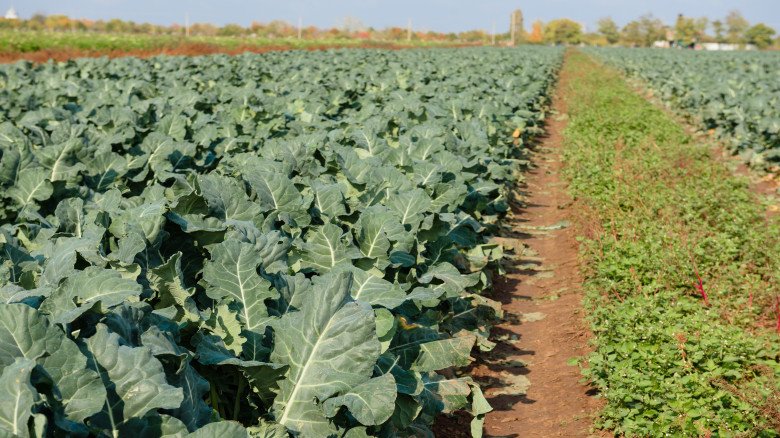
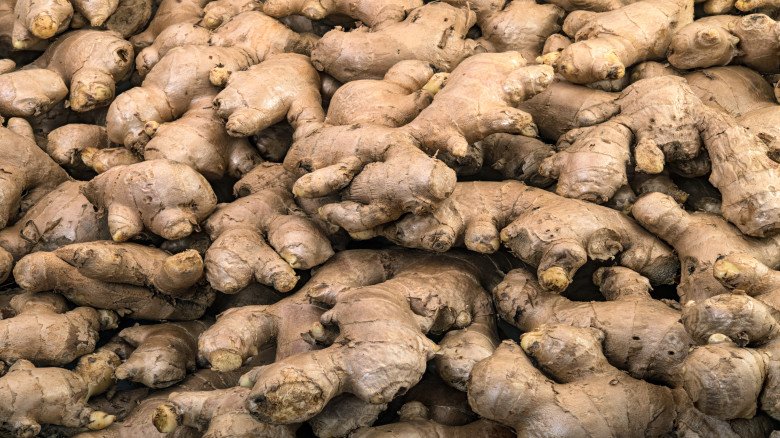
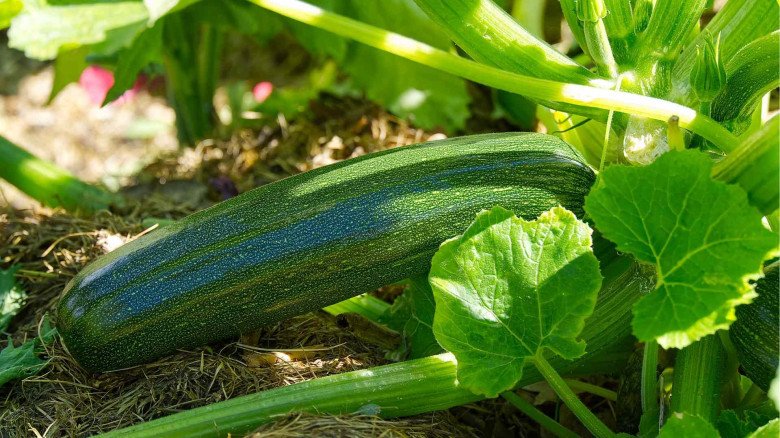
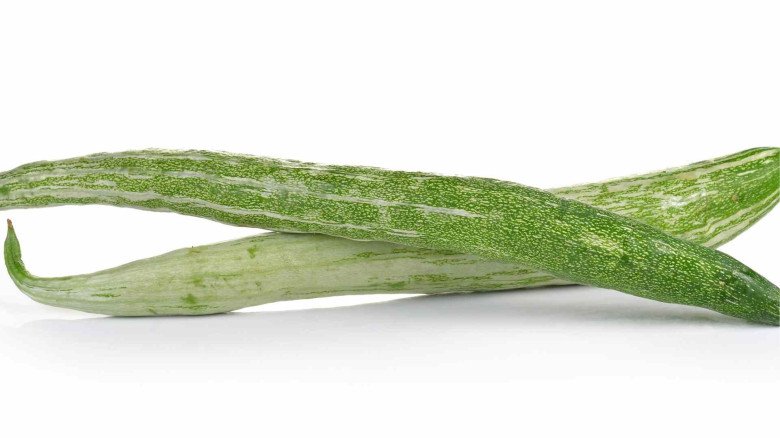


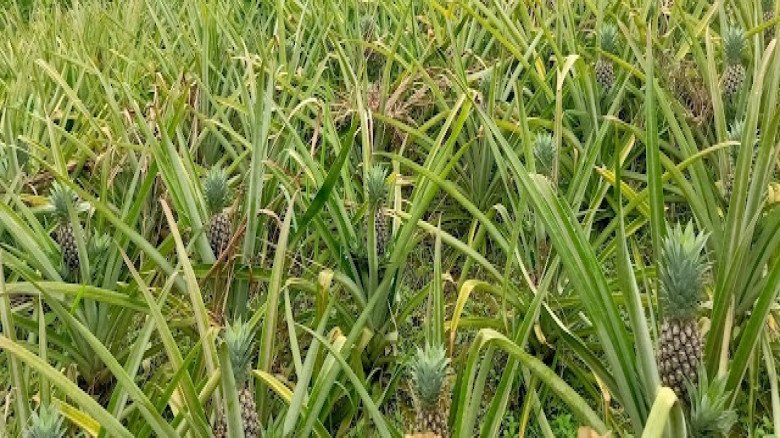
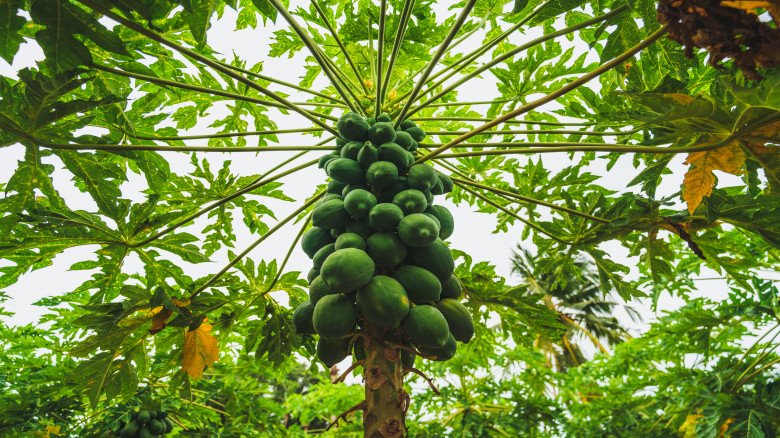
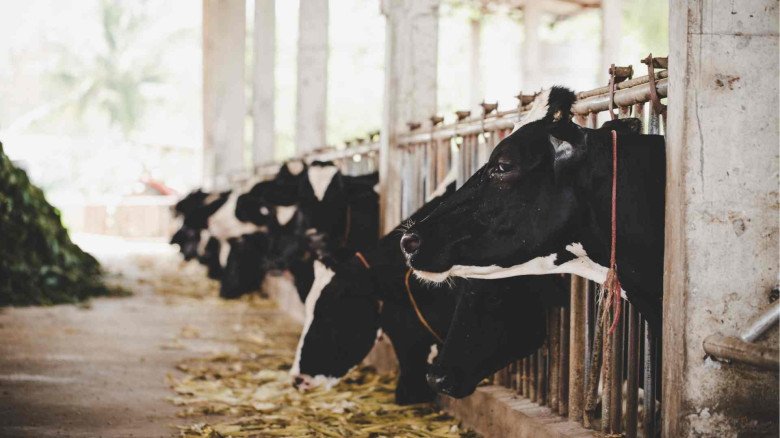
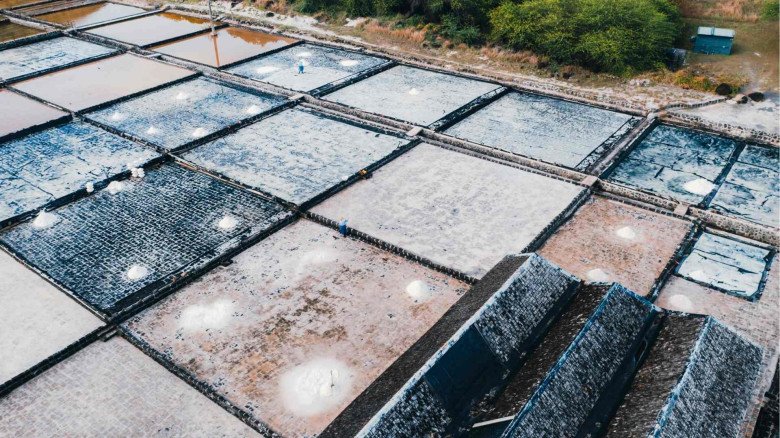
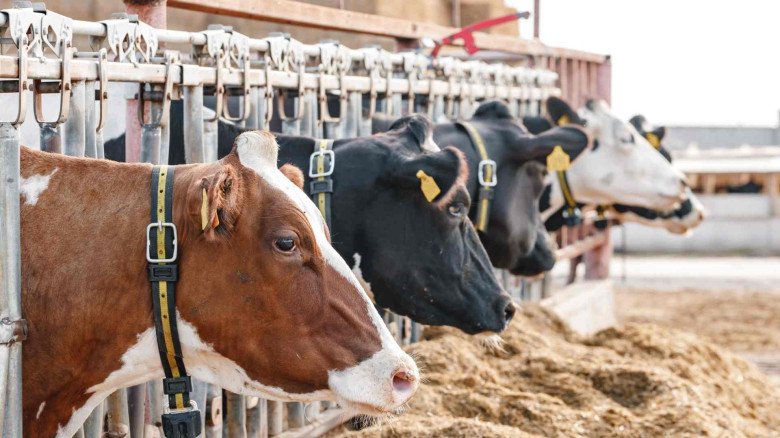
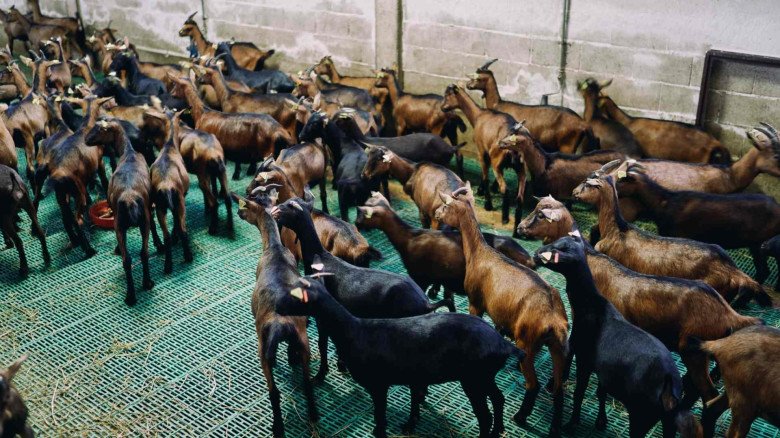
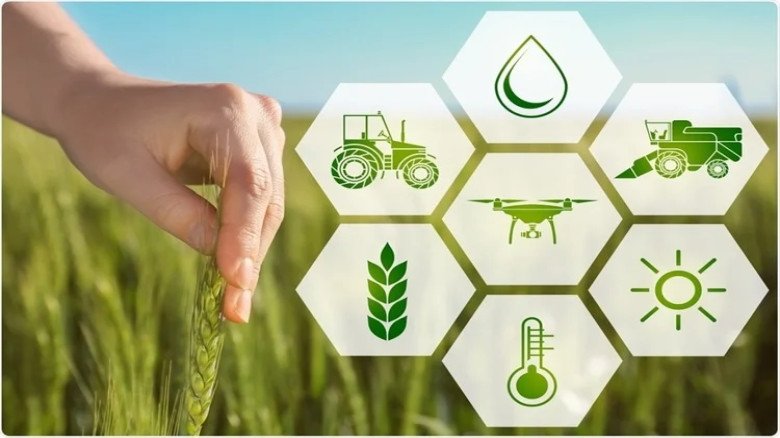
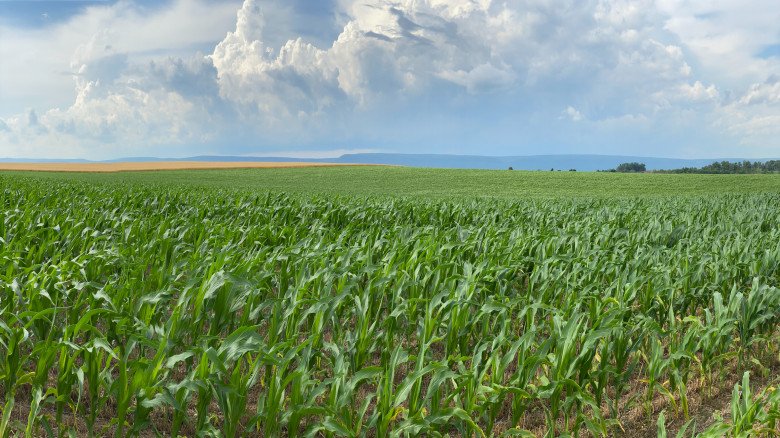
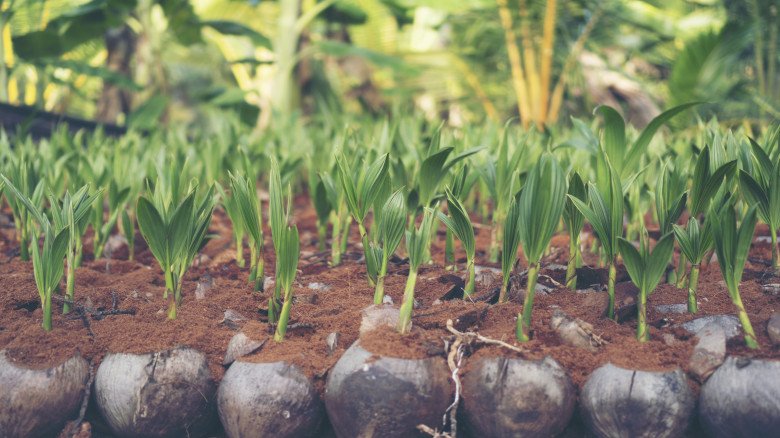

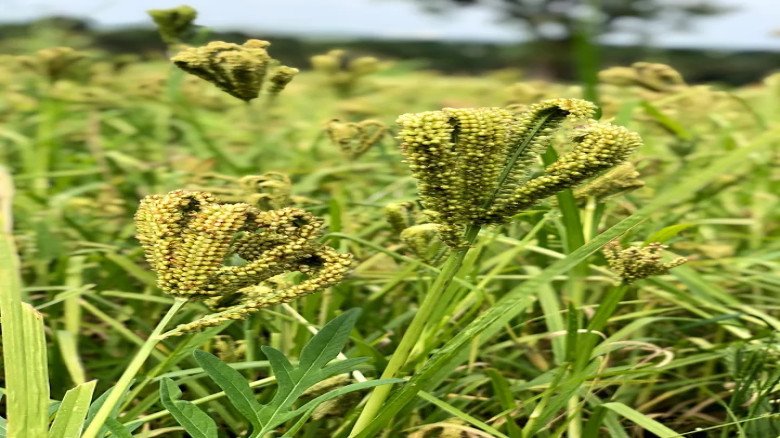
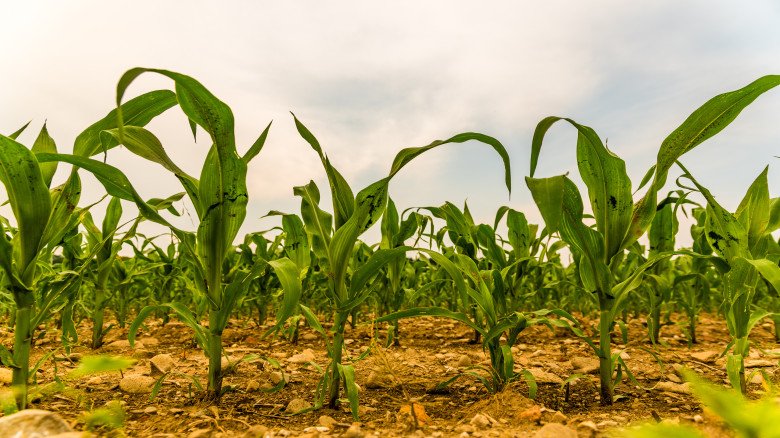
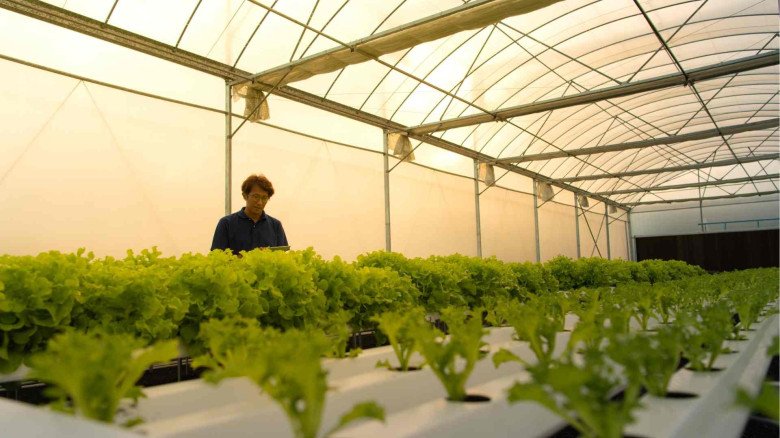

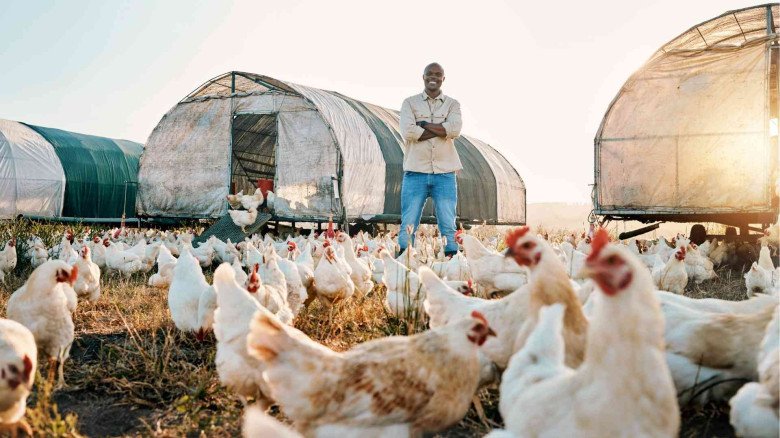
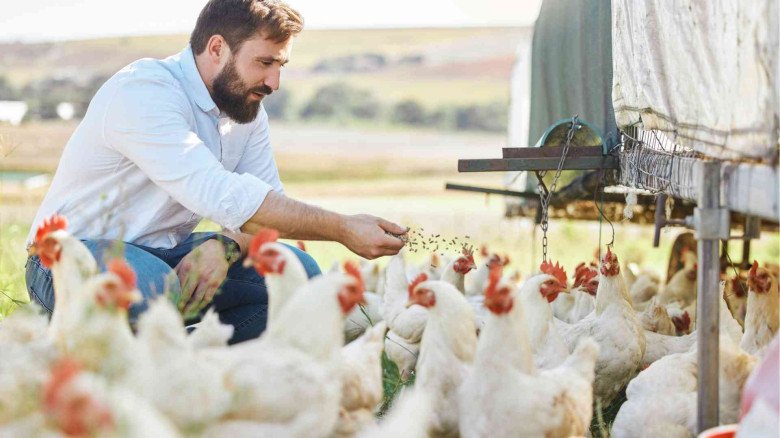
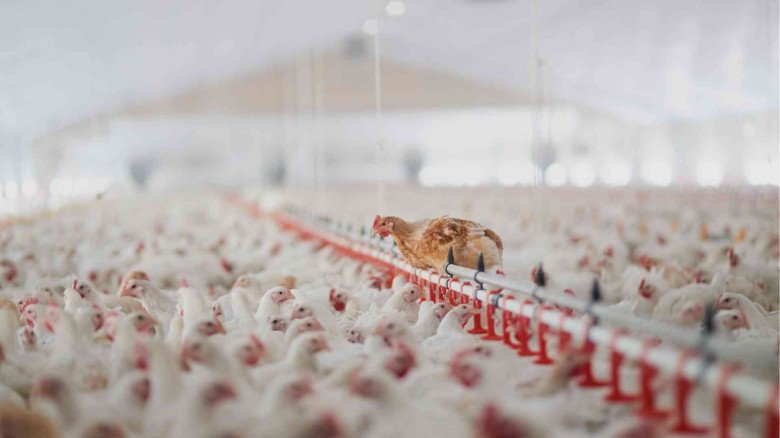
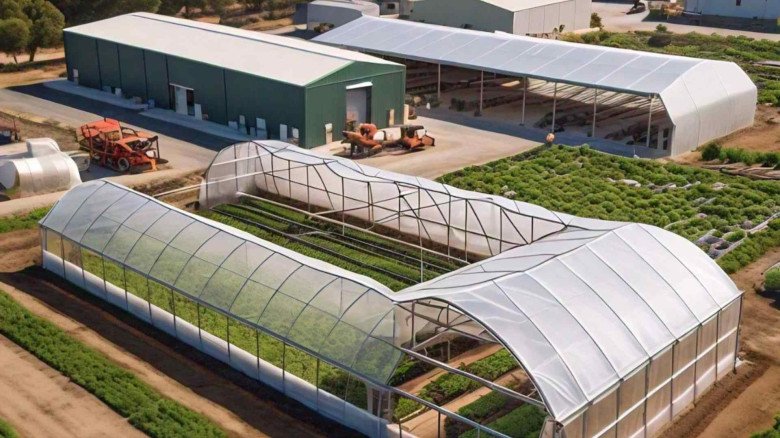
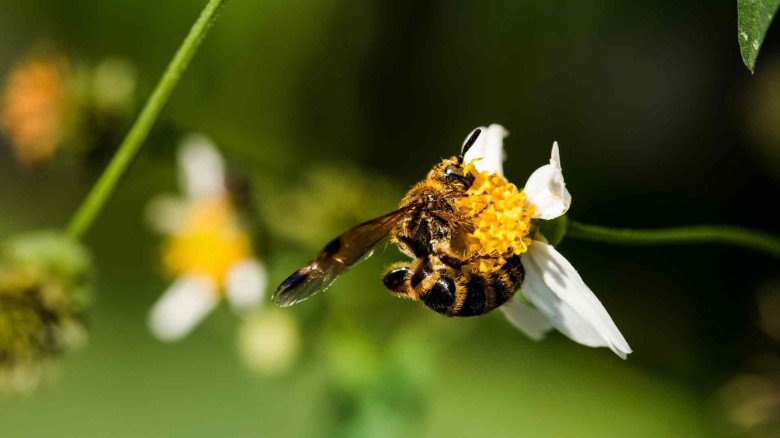
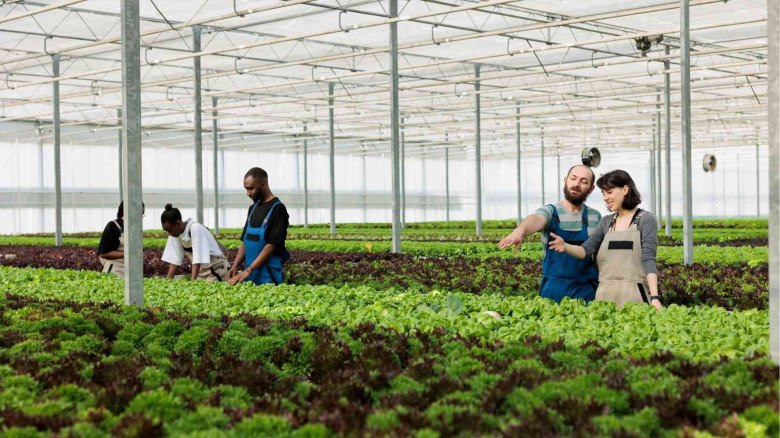
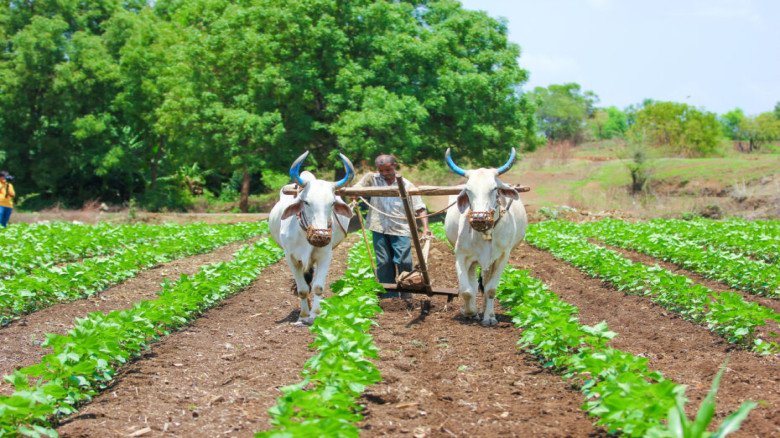
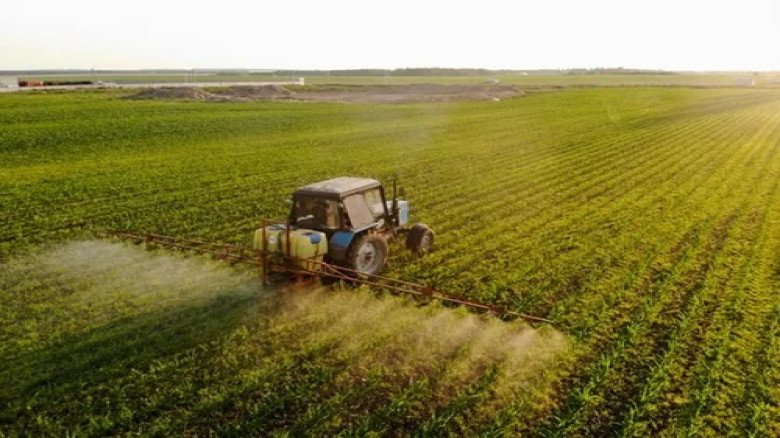
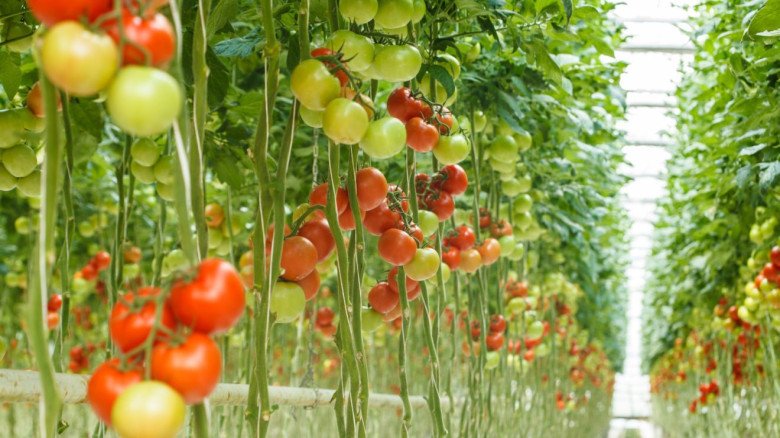

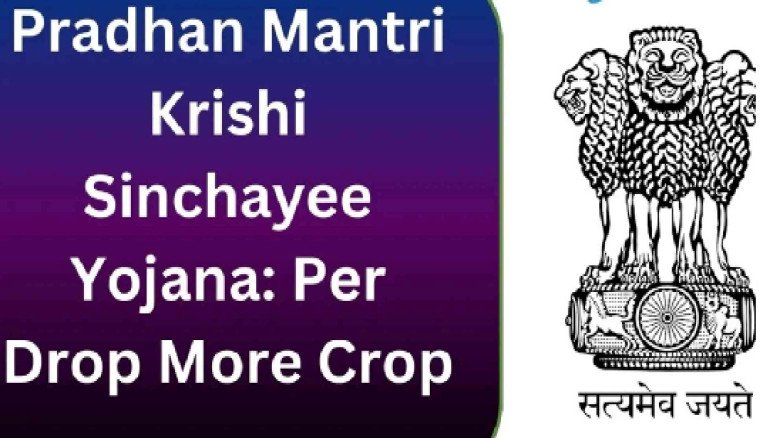
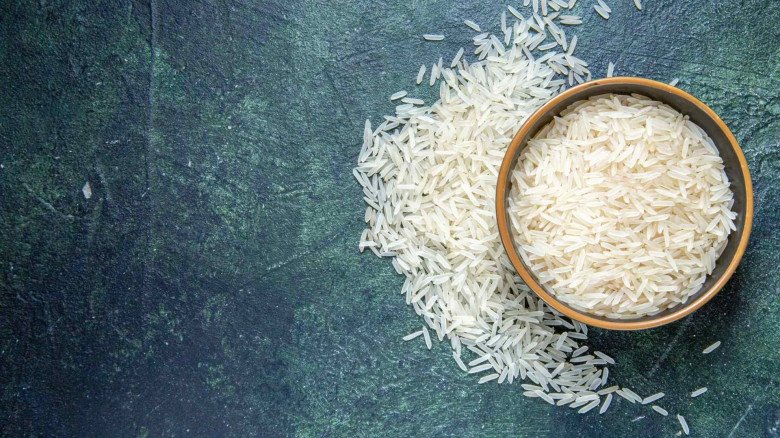

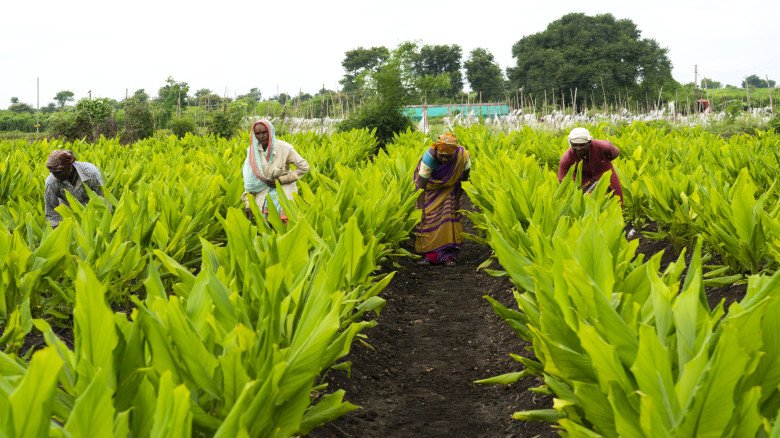
Leave A Comment